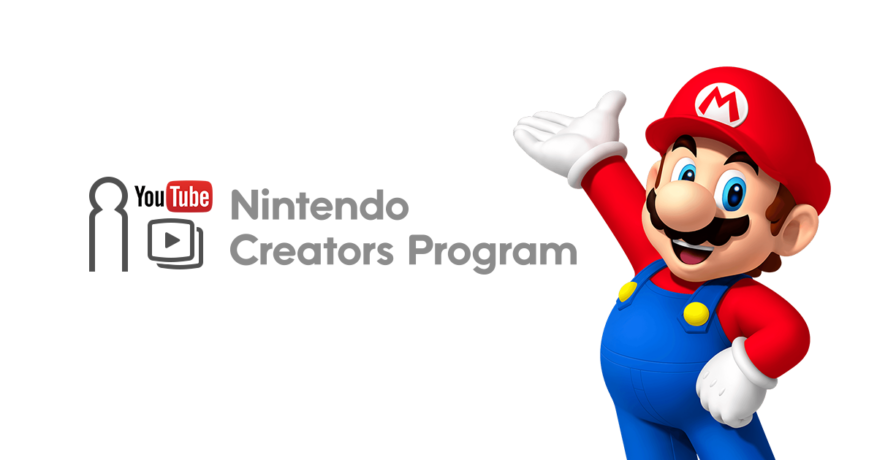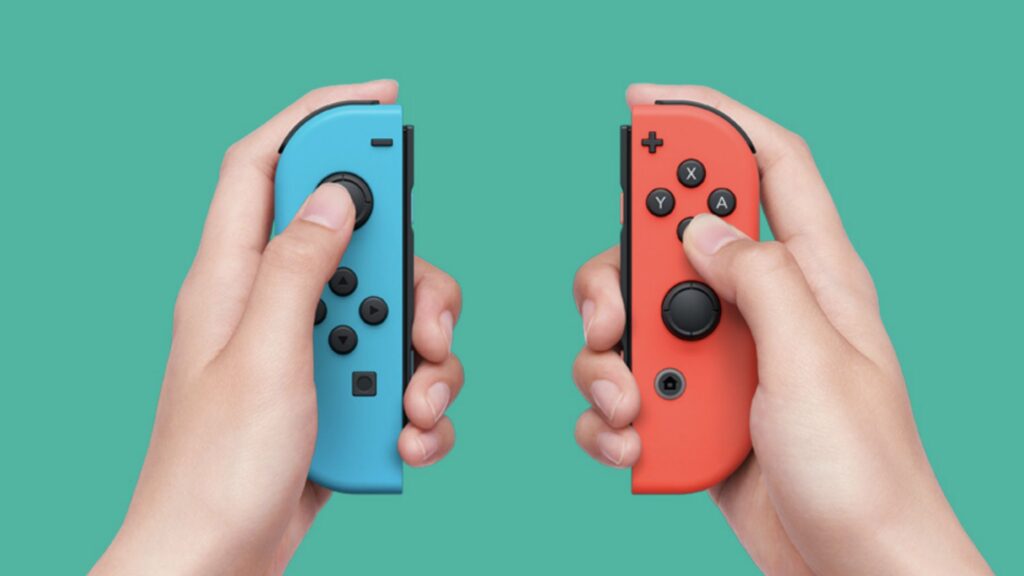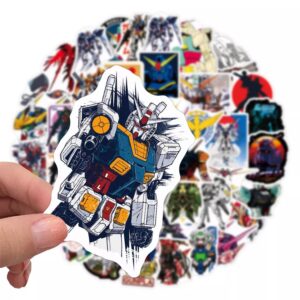Recently Nintendo shut down two Arizona-based emulation sites run by Jacob Mathias. The sites, loveROMS.com and LoveRetro.com, were notorious for offering easy access to illegal downloads of classic video game ROMs, and Nintendo had had enough. They sued Mathias for more than $100 million in statutory damages. They requested that the sites be permanently taken down, the domain names given to Nintendo and that Mathias would openly give the sources for the illegal ROMs. Of course, Nintendo doesn’t expect Mathias to pay back all of cost they requested. Instead, they use a harsh lawsuit as an intimidation tactic for other sites that provide the same sort of ROMs.
Nintendo and legal issues have always gone hand-in-hand, sometimes to the detriment of the company’s good name. Whether it was the intense Donkey Kong lawsuits with Universal Studios, the fights with Blockbuster and video game renting, or the tight grip that the company has kept on YouTube copyright infringement, Nintendo has always had legal fires to put out. It may not be the most pleasant aspect of the company, but it’s interesting nonetheless. So, here’s a brief history of Nintendo’s legal adventures.
The Donkey Kong Lawsuits

While Donkey Kong lifted Nintendo’s success to astronomical heights, it also attracted the attention of Universal Studios. Studio president Sid Sheinberg claimed that Donkey Kong was nothing more than a blatant rip-off of the incredibly successful King Kong series.
On May 6th, 1982, Universal took Nintendo to court and demanded they give all the profits of Donkey Kong to Universal and shut down all Donkey Kong arcade cabinets within 48 hours. But Nintendo refused – they had done their research and believed they could prove Universal’s copyright claims wrong. They pointed to a previous 1970’s courtroom case between Universal and RKO Pictures (the original owners of the King Kong movie). Universal won by proving that the King Kong license had expired and was therefore in the public domain. Putting Universal’s own words against them, Nintendo won the case and retained the rights to Donkey Kong. Imagine what the video game industry would be like if they hadn’t.
Down with Rentals

As Nintendo gained traction in the home console market with the NES, their games continued to sell very well. Super Mario Bros sold more than 40 million copies, Super Mario Bros 3 sold more than 18 million, and The Legend of Zelda sold 6 million. Impressive numbers, but perhaps they could have been even better if it weren’t for video game renting. At least, that’s what Howard Lincoln, vice president of Nintendo thought at the time.
Game renting used to be much, much more popular than it is today. The average NES game in 1990 cost 50 US dollars, or 89 dollars adjusted for inflation. For a market mostly consisting of young children and teens, that was a high price tag. So, for many kids, renting games from stores like Blockbuster was their only option for playing Nintendo games. As such, Blockbuster video game rental profits were through the roof – so much so, Nintendo sued them.
Nintendo, at the time, saw video game rental as an unfair form of piracy, and after helping to shut down rental services in Japan, it set out to eliminate potential sales in the US as well. Except it didn’t work. Blockbuster won the suit and continued to rent Nintendo’s video games, even though Nintendo stopped them from loaning official manuals. At the end of the day, Blockbuster is now a dead company and Nintendo lives on.
That’s NintenTube, not YouTube

The most controversial legal action Nintendo has made in recent years is cracking down on YouTube. If you go and upload a let’s-play video of Super Mario Odyssey right now, chances are you’re going to get copyright-claimed. Getting copyright-claimed after dozens of hours of work can be devastating for people who depend on YouTube revenue for a living.
In response to the outcry against their strict YouTube policies, Nintendo made a program called the “Nintendo Creator’s Program” in 2015 to provide YouTubers with a way to monetize Nintendo-related content. Trouble is, the creator of the content hardly gets a cut. As is, YouTube takes half the revenue generated from any given YouTube video, and Nintendo takes a 30-40% share. In addition, Nintendo Content Creators aren’t allowed to livestream on YouTube or Twitch. It’s a convoluted system that Nintendo needs to address with more transparency. Meanwhile, Nintendo-focused YouTube channels are kind of screwed.
Joy-Con drift lawsuits

Nintendo’s Joy-Cons aren’t the most durable controllers on the market. With Joy-Con drift (which is when its analog sticks incorrectly register inputs, even when they’re not being moved) is among the most typical issues Switch owners deal with.
A series of lawsuits have been submitted against Nintendo for this, alleging these as “surprise defects” that breach the Customer Defense Act. Specifically, one suit was filed by someone named Luz Sanchez and her 10-year-old son, whose Joy-Con drift ended up being so severe that within months that the controllers, including replacement controllers, no longer worked.
For most of these cases, the company has effectively forced arbitration, avoiding needing to court or pay settlements. That does not mean that Joy-Con drift is now a distant memory; nevertheless, while Nintendo has promised to fix Joy-Con durability, it’s not a concern that will go away anytime quickly, even in its more recent OLED or Lite models.
Conclusion
At the end of the day, all businesses have legal issues to deal with, and perhaps Nintendo most of all. Their IP’s are some of the most recognized on the planet, so protecting those characters and brands from being pirated, misused, and demonetized must be a difficult task.
Are there are any other big Nintendo legal controversies that we missed? Let us know, and be sure to share this article on Twitter!













